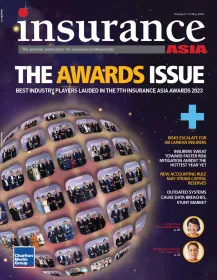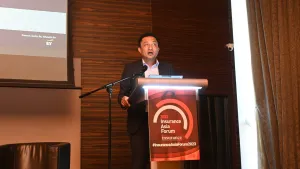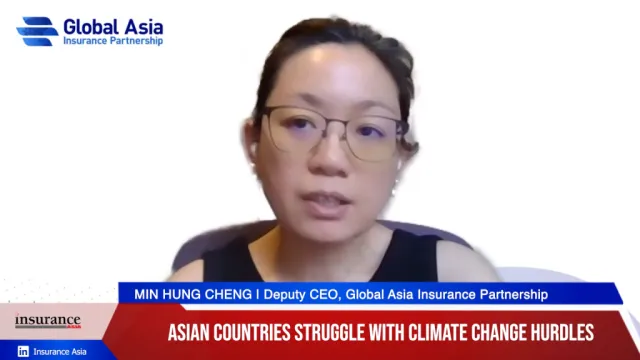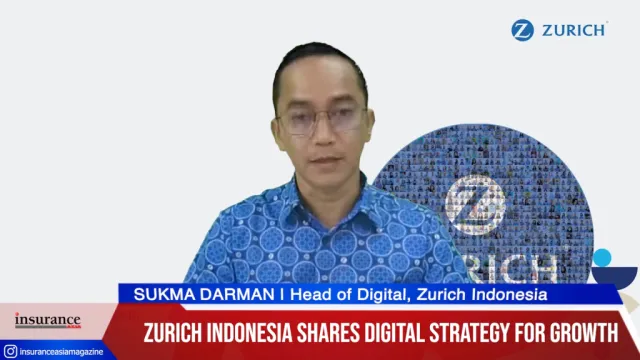
About 84% of foreign students in S.K. dissatisfied with national health insurance system
The reason was due to higher contributions required versus private insurers.
When it came to the perceptions of the National Health Insurance System, 75.6% of the Korean population responded positively, while only 16% of international students held a positive view.
A team of researchers from Soonchunhyang University College of Medicine published a study titled “National Health Insurance Literacy among International Students in Korea and Their Medical Service Use” which investigated the perceptions, characteristics, use of public medical services, and satisfaction with the National Health Insurance System among international students.
The primary reason for the negative responses was the perception of higher contributions compared to private health insurance, indicating that financial constraints significantly influenced these negative perceptions.
Notably, differences were observed in the methods of calculating insurance contributions between the two groups. International students received the same insurance contributions irrespective of their nationality, age, income, or assets.
ALSO READ: Capital pressures linger as insurers adopt new accounting rule in South Korea
The study also aimed to compare these findings with a Health Insurance System Perception Survey conducted on the Korean population, seeking to uncover disparities in their perceptions of the health insurance system and healthcare service utilization.
The research was conducted through a survey from 23 May 2022, to 21 June 2022, to gather diverse data related to international students' experiences with the National Health Insurance System. The results were subsequently analysed.
The study revealed that the majority of international students were in their twenties, with an average age of 23±2.06 years, suggesting that they were less inclined to utilise medical services compared to their Korean counterparts in the same age group.
Both Korean citizens and international students generally reported good subjective health.
Conclusively, this study underscores the necessity for further research and examination concerning the adaptation of the Korean health insurance system for foreign residents and the equitable calculation of insurance contributions.











 Advertise
Advertise












